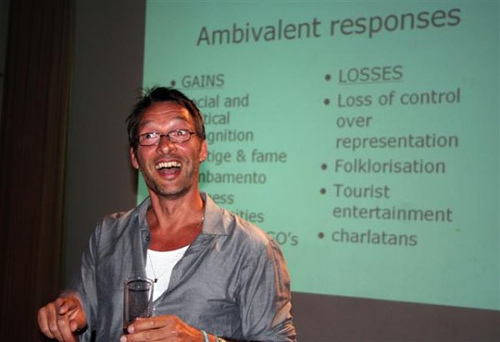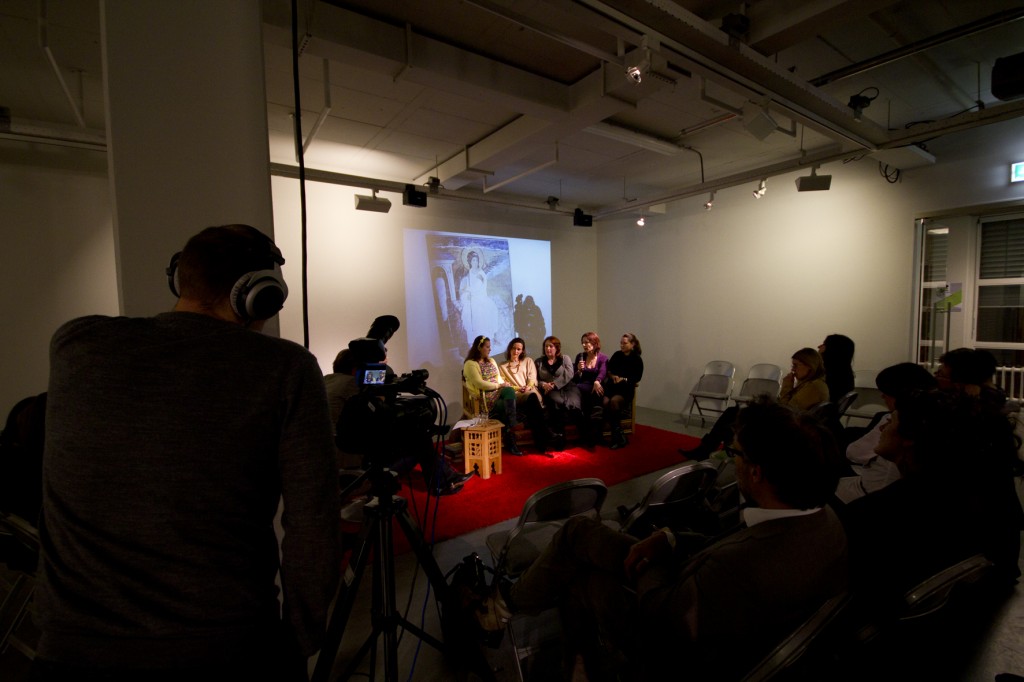 Foto van de paneldiscussie Zelf gemaakt? Vrouwen uit voormalig Joegoslavie
Foto van de paneldiscussie Zelf gemaakt? Vrouwen uit voormalig Joegoslavie Self-Made? Women from former-Yugoslavia
Last Thursday I accompanied the Ajax and Manchester United supporters to the Amsterdam Arena, squeezed together in the metro. However, where they turned left at the Amsterdam Bijlmer Arena station, I walked right to the Bijlmer Public Library. There, the panel discussion Self-Made took place about self-representation of women from former Yugoslavia. The event was organised for the occasion of the launch of an exhibition, which was one of the outcomes of the research project Visualising the Invisible. Identity, Media and Migrant Women from Former Yugoslavia in the Netherlands by Utrecht University researcher Jasmijn van Gorp. Realising that Yugoslavian migrants, though numerous, are not very visible in the Netherlands, Jasmijn asked 10 women from former Yugoslavia living in the Netherlands to photograph their lives for one week. Frank van der Stok, curator, selected from the enormous amount of photos that the women produced in this one week, ten photos of each woman for the final exhibition.
Self-Representation?
The organisers of the event, Framer Framed and Imagine IC presented an exciting evening programme: first Jasmijn explained how the project developed, then the curator explained his involvement, which was followed by a Q&A session with the women who participated in the project and finally, a debate with academic experts. While the group of women was selected on the basis of their shared Yugoslavian background, in the Q&A the women made clear that they could not be simply put in one category. One young woman stated that she did not feel Yugoslavian at all. Another pointed out that she identified much more closely with what she called, her ‘micro identity’, her belonging to the village she grew up in, than with former Yugoslavia. With the women’s assertive and thoughtful answers, the Q&A session was not just about the topic of self-representation, but of course was self-representation in and of itself; the process of correcting, confirming, and denying potential assumptions made by the moderator and the audience. One of the women when asked why this particular selected photo represented her identity well, responded: “I am not sure if this is about self-representation, as it was not me, but the curator who selected this picture!”
Constructions of Self
In the academic debate that followed, Jelena Petrovic, director of MINA-Institute for Socially Engaged Art and Theory and researcher at the Institutum Studiorum Humanitaties in Ljubjana, sharply criticised the fact that an outside curator had been brought in to select the best photos on aesthetic grounds, instead of taking a more collaborative approach that would do justice to the notion of self-representation. Mattijs van de Port, professor of popular religiosity at the Vrije Universiteit Amsterdam, explained how for him, the photos had gained significance once he saw them framed and presented ‘formally’ as that meant they transcended their initial ‘facebook-like’ quality. Marijana Mitrovic, researcher at University of Belgrade’s Faculty of Philosophy, in fact appreciated the everyday quality of the photos that avoided ‘spectacularisation’. It was great to hear this open exchange of perspectives and opinions. All the stories and their pictures made clear that identities consist of layers of affiliations, affinities, and attributions. Indeed, the photo exhibition could not simply be qualified as ‘self-made’ due to the mediation of the curator and researcher. But neither can identities be understood as only self-representations…
Sara de Jong is researcher at Aletta, Institute for Women’s History
- Aletta - Institute on gender equality and women's history
- Persoonlijke website van Frank van der Stok
- Persoonlijke website van Jasmijn van Gorp
- Imagine IC - Amsterdam
Links
Feminism / Photography / Migration / Social Practice /
Agenda
Self-Made
A public panel discussion on self-representation of women from former Yugoslavia.
Network
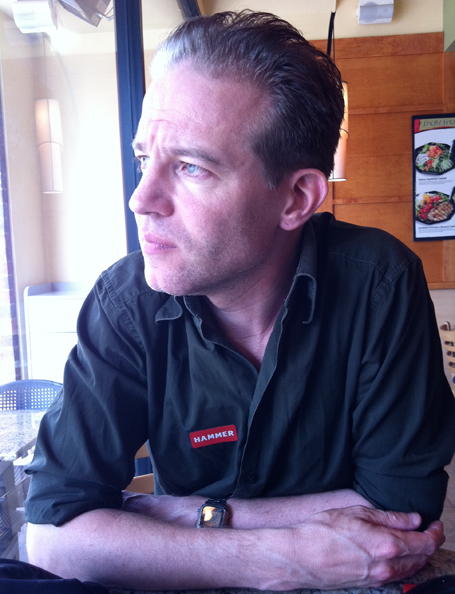
Frank van der Stok
Curator, writer and editor
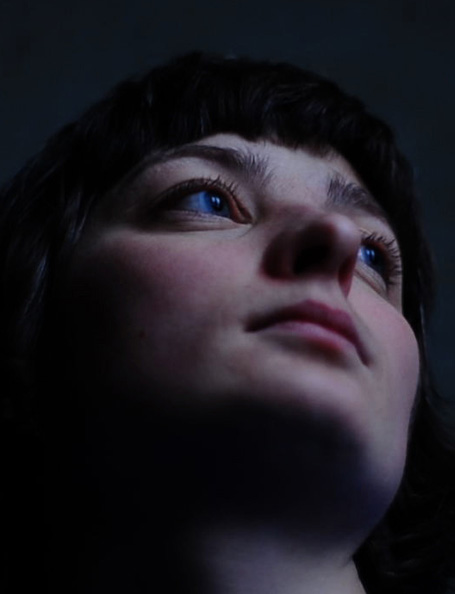
Jasmijn van Gorp
Researcher
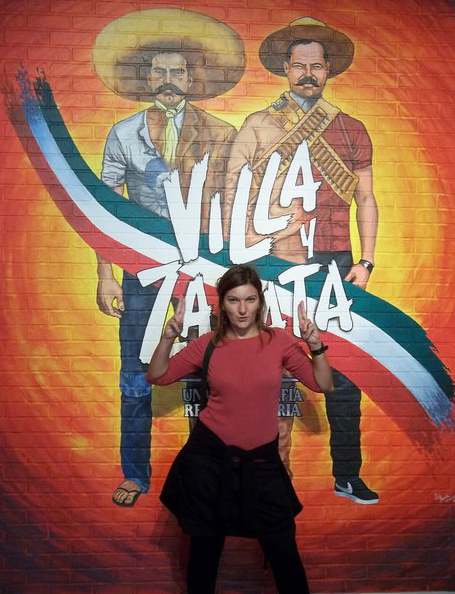
Jelena Petrovic
Art-worker and Researcher
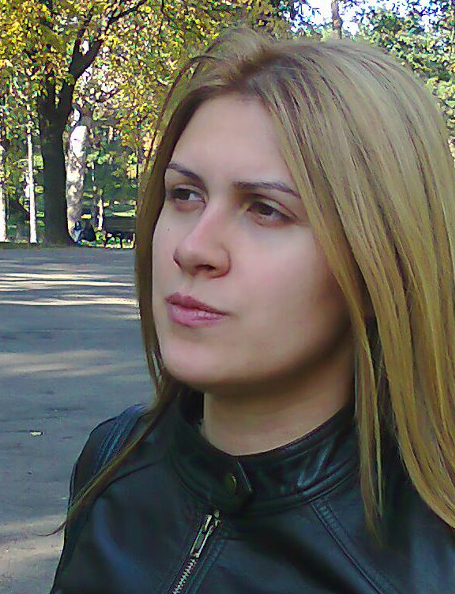
Marijana Mitrovic
Researcher
